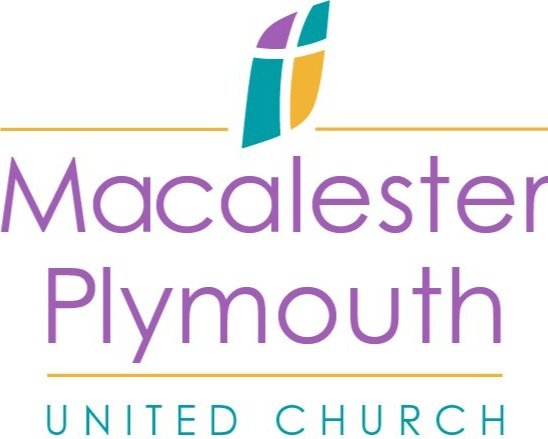
Antiracism
Our Commitment
On May 7, 2023 the congregation approved the following statement:
Grounded in our faith, MPUC affirms antiracism as an essential Christian commitment and pledges to actively confront white supremacy in culture and systems, dismantle racism and embody equity within ourselves, our ministries and through our witness in the wider community.
During the Fall/Winter/Spring 2022-2023, the Racial Justice Stewards facilitated a variety of opportunities for church and community members to engage in learning and reflection around what it would mean for our church to be anti-racist. Throughout this engagement, we leaned into the practice of embodied equity, an experiential approach to justice, accountability, and transformation. This approach centers on body awareness and uses intentional practices to acknowledge the way feelings about race, racism, and white supremacy show up in the body. Anger, anxiety, fear, and other emotions all manifest in our bodies and, if left unattended or not acknowledged, can come out in harmful ways. The goal of embodied equity is to increase awareness and reduce harm in racial justice efforts and education.
Land Acknowledgement
In September 2023, the Session approved the use of a Land Acknowledgement Statement. This short version is part of worship every week, either spoken or printed in the bulletin.
We gather today on the homeland of the Dakota people. We acknowledge the role Christianity played in removing the Dakota people from their sacred land. We also acknowledge the historical role churches, including our denominations, played in establishing boarding schools designed to erase Indigenous culture. We honor the Dakota, the Anishinaabe, and our other Indigenous neighbors. We pledge to learn from them and to walk in solidarity with them.
You can read the long version here.
For us Land Acknowledgement includes a commitment to:
Educate ourselves and our community about Indigenous justice;
Build relationships with Indigenous organizations in our community,
such as the Department of Indian Work, Wakan Tipi Awanyankapi,
and the National Native American Boarding School Healing Coalition;
Join with native groups in advocacy for equitable public policies;
Explore how to build a financial commitment to reparations into the
church budget.
We are called:
To show up and speak the truth of our experience and listen
To the experience of others.
To welcome the joy and discomfort that comes with learning and growth.
To embrace antiracist actions, not just ideas.
To use our privilege and resources to further this work in our community.
To allow the Spirit to clarify our understanding and give us strength to stand with others for racial justice.
We acknowledge:
That all people have the capacity to be both racist and antiracist, and that it takes reflection and hard work to live into antiracism
That a culture of white supremacy has harmed us individually, our church, community, country, and the world.
That this work is both interpersonal and structural; both individual and collective.
That Jesus models a prophetic and honest power analysis, through which we are moved to embrace a more just relationship with power.
We promise:
To center the experiences of people who are Black, Indigenous, and People of Color.
To hold one another accountable to this work.
To embody equity through all our work as a church.
To live into God’s promise and that through repentance, repair, grace and love our community might one day be whole, healed and just.
We invite you to join us on this journey. Please reach out to any of the Racial Justice Stewards listed below with questions, comments, or additional opportunity for conversation - we are on this journey too!



